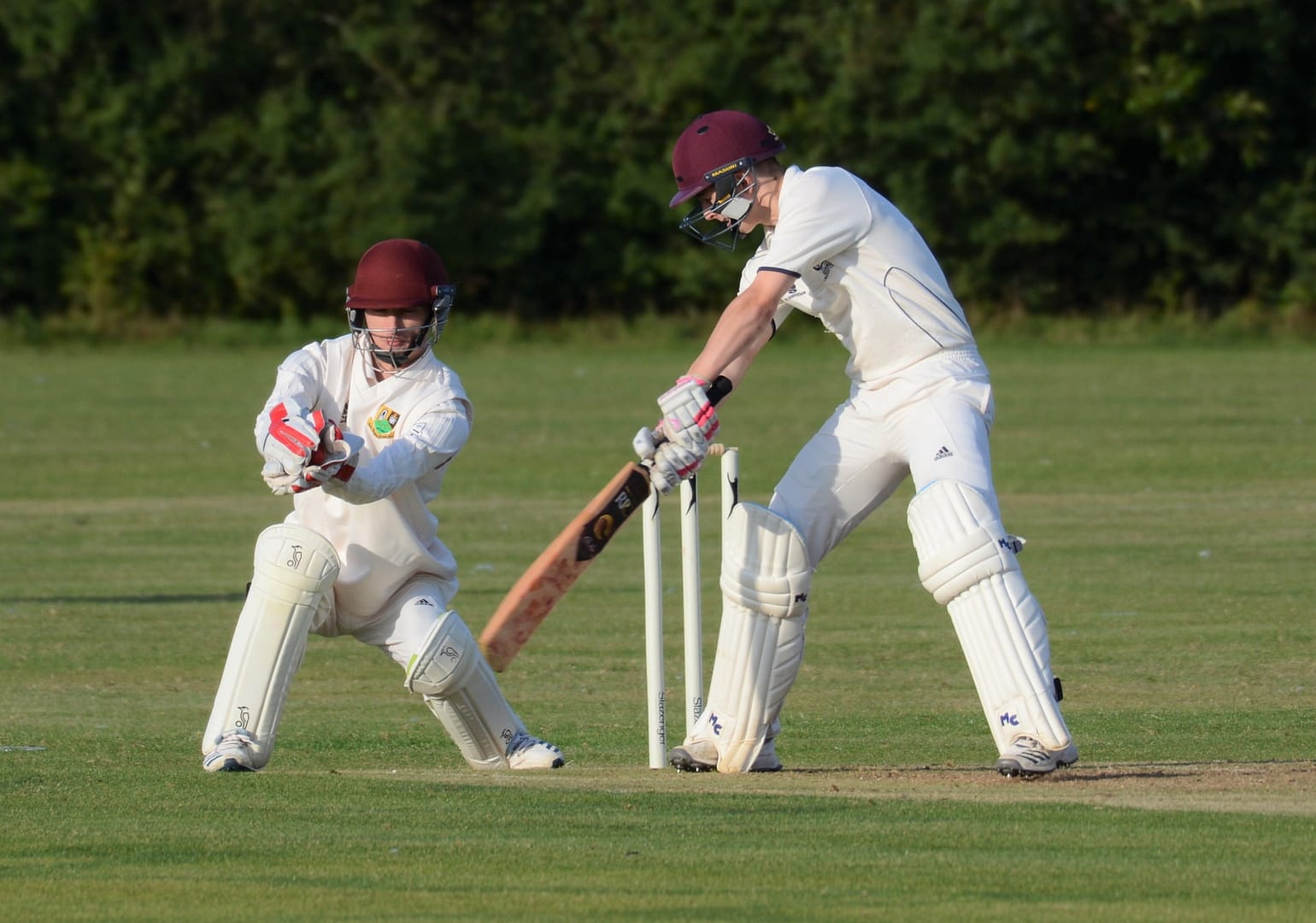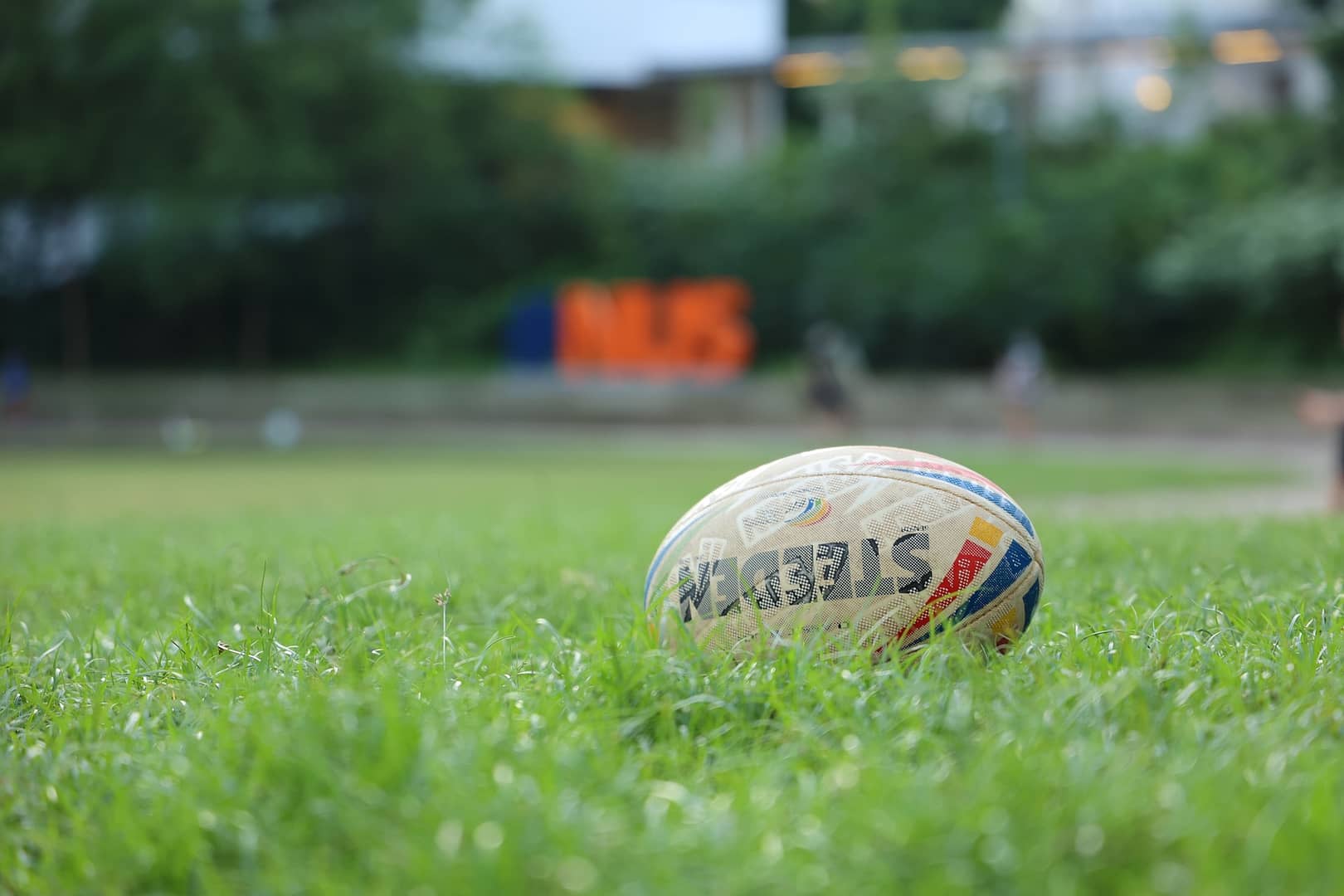In the adrenaline-pumping world of sports, triumphs and defeats often take centre stage. As fans cheer for their favorite teams and athletes, a captivating, yet often overlooked aspect lurks in the shadows – the risk of brain injuries. These invisible adversaries are a stark reality in the UK sports scene, affecting athletes from various disciplines. In this article, we will dive into the most common brain injuries in sports, their effects on athletes, and the measures taken to safeguard their well-being. We will also lay out the best steps to take in order to start a serious injury claim.
The Most Common Brain Injury in Sports
When we think of sports-related brain injuries, one name stands out – concussions. Concussions are, by far, the most prevalent form of brain injury among athletes in the UK. They can occur in almost any sport, from high-impact games like rugby and American football to seemingly gentle sports like cycling and even equestrian events.
A concussion is the result of a forceful blow to the head, causing the brain to move within the skull. This sudden movement can lead to the disruption of normal brain function, which manifests through a range of symptoms. Athletes may experience dizziness, confusion, memory loss, headaches, and even loss of consciousness. What makes concussions particularly challenging is that they are not always immediately apparent, and symptoms may not surface until hours or even days after the incident.
The Effects of Brain Injuries in Sports
Beyond the physical symptoms, the effects of brain injuries in sports can be far-reaching, impacting an athlete’s life both on and off the field. Consider the story of Mark, a talented young football player with dreams of turning professional. Mark suffered a severe concussion during a particularly intense match, but being fiercely competitive, he shrugged it off as a minor setback.
In the weeks that followed, Mark’s dreams began to unravel. His once laser-sharp focus on the game wavered, and he struggled with basic skills he once performed effortlessly. Off the field, he found himself increasingly irritable and emotionally distant from his loved ones. The young athlete’s life spiraled into a dark place, and he felt trapped in a cycle of frustration and despair.
Mark’s story highlights the psychological toll that brain injuries can take on athletes. The impact of these injuries extends beyond the physical realm, affecting mood, behavior, and cognitive abilities. In some cases, athletes may experience depression, anxiety, and personality changes that can lead to strained relationships with family, friends, and teammates.
Safeguarding Athletes: From Rules to Technology
In response to the growing concern over brain injuries in sports, organizations, medical professionals, and even governments have taken measures to protect athletes and promote player safety. Sporting bodies have introduced stricter rules and regulations to penalize dangerous plays and minimize the risk of head injuries.
The implementation of concussion protocols has become standard practice across various sports. When a player sustains a head injury, they undergo immediate assessment by medical professionals to determine the severity of the concussion. In many cases, athletes are required to pass a series of cognitive tests and undergo a gradual return-to-play protocol before being cleared to compete again.
In recent years, technology has also played a crucial role in addressing brain injuries in sports. Companies have developed innovative helmet designs that provide better protection against impacts. These helmets are equipped with sensors that can measure the force and location of impacts, aiding medical personnel in assessing potential injuries and improving the understanding of head trauma.

Making a Serious Injury Claim
While efforts to prevent brain injuries in sports are crucial, accidents can still happen, and athletes may find themselves facing the aftermath of a serious injury. In such cases, it is essential to understand the process of making a serious injury claim to seek the necessary support and compensation.
When an athlete sustains a severe brain injury due to the negligence of another party, such as a reckless opponent or inadequate safety measures, they may be eligible to make a claim for compensation. The process typically involves gathering evidence of the injury, medical reports, witness testimonies, and expert opinions to build a strong case.
Reaching out to us at National Claims, where we specialise in serious injury claims can be a valuable step in navigating the complex legal landscape. We can provide expert guidance and guide you through the claims process.
While making a serious injury claim may not undo the damage caused by the brain injury, it can help cover medical expenses, rehabilitation costs, and lost wages during recovery. Additionally, it serves as a reminder to sports organizations and individuals about the importance of safety and responsible conduct on the field.
Conclusion
The world of sports is captivating, thrilling, and often awe-inspiring. We witness athletes push the boundaries of human capability, achieving feats that seem impossible. However, behind the glory and fame lies a hidden reality – the risk of brain injuries.
Concussions are the most common form of brain injury in sports, affecting athletes across various disciplines. These injuries can have far-reaching effects, not only on the physical health of athletes but also on their emotional well-being and life off the field.
As spectators, we must recognize the struggles that athletes endure, the sacrifices they make, and the risks they face to entertain and inspire us. The responsibility to safeguard athlete’s well-being falls on everyone involved – from sporting bodies and medical professionals to coaches, teammates, and spectators.
Through improved regulations, advanced technology, and a commitment to player safety, we can create a sports culture that fosters both excellence and care. By supporting athletes in their journey to recovery and advocating for their rights, we can help them heal physically and emotionally, allowing them to continue pursuing their dreams.
In the end, it is not just about the game, but about the people who make it possible – the athletes. Let us champion for their safety, recognizing that their health is more important than any trophy or victory. Together, we can celebrate the triumphs of sports while ensuring that athletes face a future free from the shadow of brain injuries, so they can continue to inspire us for generations to come.
Start your claim with us today and find out more about how we deal with serious injuries by contacting us.
Click below to see why we are one of the most trusted claims management companies in the UK.

We’re proud of our excellent customer reviews
We thrive on delivering exceptional service and ensuring our clients’ satisfaction. Don’t just take our word for it. Check out some of our independent reviews to see what our clients have to say.
Excellent

This firm is excellent, they sorted out my car pay out and injury claim very fast, they always communicate with you all the time.

My accident case was dealt with confidence and with great result of the outcome, especially James kept me informed all the time.

I was very impressed at the way my inquiry was treated. I was listened to attentively and everything I needed to know was explained to me.






